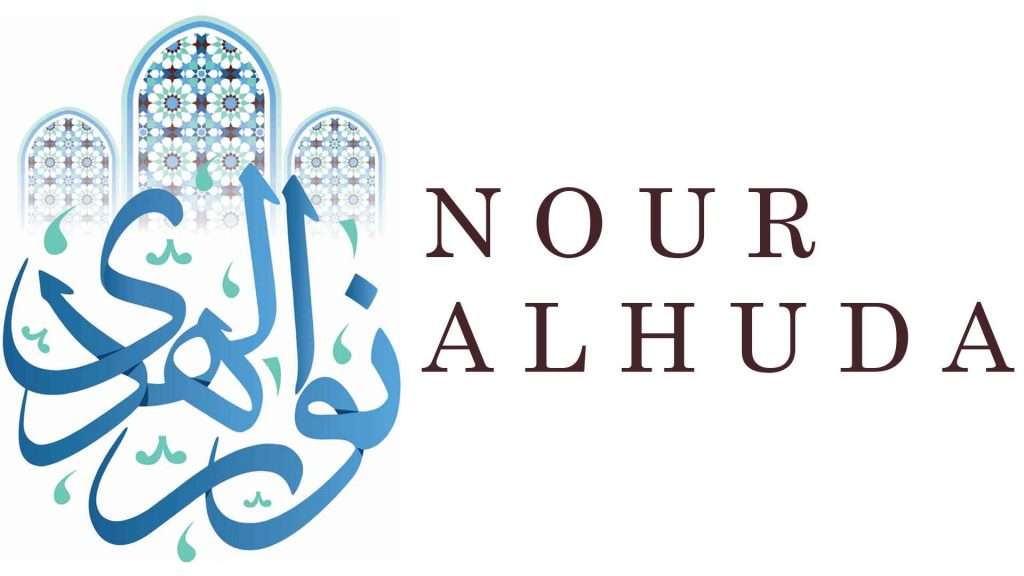The Etiquette of Visiting in Islam: Key Islamic Manners and Historical Examples:
Visiting others is an important aspect of social life in Islam, reflecting the values of brotherhood, compassion, and community. Islam places significant emphasis on the proper conduct and etiquette to be observed during visits, ensuring that these interactions are respectful, meaningful, and beneficial. Below are some key etiquettes, enriched with examples from Islamic history.

1. Seeking Permission is the most important tip in the Etiquette of Visiting in Islam
Before visiting someone, it is crucial to seek permission. The Qur’an instructs Muslims to ask for permission and greet the inhabitants before entering a home. This respect for privacy ensures that the host is prepared to receive visitors and maintains the dignity of all parties involved.
English: “O you who have believed, do not enter houses other than your own houses until you ascertain welcome and greet their inhabitants. That is best for you; perhaps you will be reminded.” (Qur’an 24:27)
Example from Islamic History: The Prophet Muhammad (peace be upon him) exemplified this etiquette. Anas ibn Malik reported that the Prophet (pbuh) would always greet and ask for permission before entering any home, even when visiting close companions like Abu Bakr and Umar. This practice highlighted the importance of respecting others’ privacy and ensuring their readiness to receive guests.
Islamic teachings advise against visiting at inconvenient times, such as early morning, during meal times, or late at night. Visits should be planned at times that are comfortable for the host, respecting their routine and privacy.
Example from Islamic History: The Prophet Muhammad (pbuh) advised his companions to avoid visiting during midday, especially in the heat of the desert, when people would typically rest. This guidance ensured that visits were made at appropriate times, considering the well-being and convenience of the host.
3. Knocking and Waiting
Upon arrival, it is recommended to knock or ring the doorbell three times, allowing sufficient intervals between each attempt. If there is no response after the third attempt, it is advised to leave. This practice respects the host’s privacy and avoids imposing on them.
English: “If you are asked to go back, go back; it is purer for you.” (Qur’an 24:28)
Arabic: “فَإِن لَمْ تَجِدُوا فِيهَا أَحَدًا فَلَا تَدْخُلُوهَا حَتَّى يُؤْذَنَ لَكُمْ وَإِن قِيلَ لَكُمُ ارْجِعُوا فَارْجِعُوا هُوَ أَزْكَى لَكُمْ وَاللَّهُ بِمَا تَعْمَلُونَ عَلِيمٌ” (القرآن 24:28)
Example from Islamic History: A companion once visited the Prophet Muhammad (pbuh) and knocked on his door three times. When there was no response, the companion turned to leave, demonstrating respect for the etiquette of knocking and waiting. This action was praised by the Prophet as a proper observance of Islamic manners.

4. Greeting and Conduct
Upon entering, visitors should greet the host with “As-Salamu Alaikum” (peace be upon you), a traditional Islamic greeting that fosters goodwill and blessings. Polite and respectful behavior should be maintained throughout the visit, avoiding any actions or topics that may cause discomfort or offense.
Example from Islamic History: The Prophet Muhammad (pbuh) always greeted his companions warmly with “As-Salamu Alaikum” and encouraged them to return the greeting with an equal or better one. His conduct during visits was marked by kindness, respect, and consideration for others’ feelings.
5. Respecting the Host’s Space
Visitors should be mindful of the host’s space and belongings. Sitting only where invited and not wandering around the house without permission is crucial. This respect for the host’s environment maintains a sense of trust and courtesy.
Example from Islamic History: When visiting homes, the Prophet Muhammad (pbuh) would sit where he was invited and never intrude into private areas of the house. His visits were conducted with the utmost respect for the host’s space and belongings.
6. Duration of the Visit
It is important to consider the length of the visit. Staying too long can inconvenience the host, so visitors should be attentive to any signs that the host may need to return to their routine. A considerate guest leaves before becoming a burden.
Example from Islamic History: The Prophet Muhammad (pbuh) advised his companions to be mindful of their host’s comfort and to avoid overstaying their welcome. He emphasized that visits should be short and pleasant, ensuring that both the guest and host enjoyed the interaction without feeling burdened.
7. Offering Gratitude is one of the most important tips in the Etiquette of Visiting in Islam
Before leaving, expressing gratitude to the host for their hospitality is essential. A simple thank you or a prayer for the host’s well-being strengthens the bonds of friendship and appreciation.
Example from Islamic History: The Prophet Muhammad (pbuh) always expressed gratitude to his hosts. He would pray for their well-being and blessings, reinforcing the importance of appreciation and gratitude in maintaining strong community bonds.
By observing these etiquettes, Muslims ensure that visits are conducted in a manner that upholds the values of respect, kindness, and community, fostering stronger relationships and a harmonious society.
Also read: The Etiquettes of Speaking in Islam: Lessons from the Qur’an and Hadith
